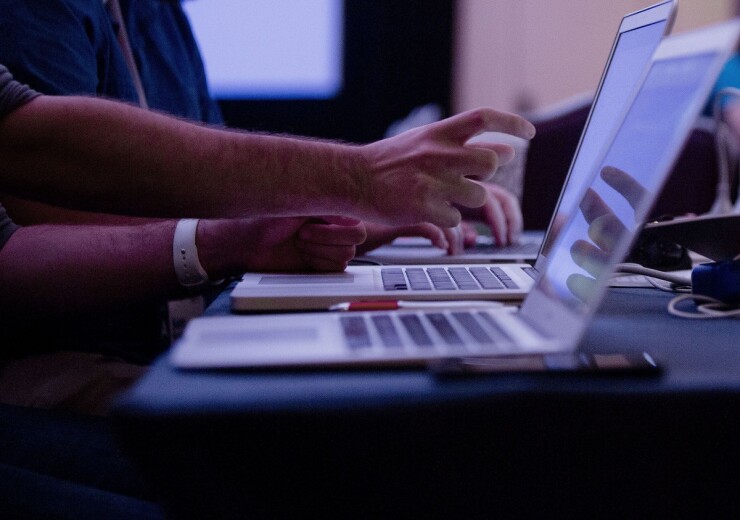Over the last decade, artificial intelligence has made an indisputable impact on the world of technology — but not everyone sees that as a good thing.
Whether it’s anticipating what you want to buy with an ad, showing you movie times before you ask or giving you directions home after work, consumers are affected by AI every day. Many of these interactions can feel intrusive and, when it comes to human resources, it can become even more contentious.
In HR, the main concern is not ads or marketing. It hits closer to home, giving employees concerns over their livelihood and sense of self-image. Most of these concerns come from a single, core anxiety — that AI is making decisions about their employment.
But the reality is that AI is a personal assistant which could help HR professionals focus their time on the most pressing issues while leaving the decision-making process in the hands of real people. I’m most concerned that HR departments are missing out on the overriding opportunity due to misconceptions over the role of AI.

The fact is that there is no piece of software or feature set that can possibly demonstrate the value that AI brings to HR. It’s about a holistic experience; everything that HR professionals do should be supported by AI. It can point them in the right direction, helping to focus their attention on key issues and prevent them from getting bogged down.
Cutting the red tape
Everyone involved with building, running and growing a team within an organization, including managers and HR professionals, is no stranger to red tape, ranging from compliance to data entry to hourly payroll. This is where AI really shines, casting a spotlight on the tasks, data and issues that need human attention while handling the repetitive processes that we wish we could avoid completely.
Whenever you’re working with huge data sets, AI can help you from a tactical perspective. For example, hourly payroll can cause issues when even a fraction of your workforce completes their hours incorrectly; AI can surface those issues and suggest potential solutions, cutting down the amount of time it takes to process and approve payroll.
It’s not just about simplifying the data we already work with, though. AI also opens up huge opportunities with data we never really looked at before. It’s never a good feeling when a core team member tells you they are leaving for another opportunity. AI tools can help managers spot potential issues much earlier, giving them the opportunity to talk to employees most at risk of quitting before they walk out the door.
As I wrote earlier, there is no one feature set that can explain how critical AI is, so take these examples as indicative of what AI can do if applied to every facet of the job. Let AI help you apply your skillset where it can be most effective and drive the greatest results.
Gaining a critical mass
As AI becomes a critical component of HR, the first stumbling block is the volume and quality of data a single company would need. The more robust the data, the more “intelligent” AI can become and the more powerful the business insights you gain.
A single company, almost irrelevant of its size, just doesn’t have enough data to build accurate, forward-thinking models. For positions hired in the hundreds of thousands, your model will get very good at predicting your company’s past, locking you into a repetitive cycle. You need the insight provided by other companies that have been where you’re going in order to get a really strong picture of your own future. When you get to the corporate positions and C-Suite, even the largest companies still only have a couple of thousand data points; they can’t really even build accurate models of their past.
That’s why HR services are moving to the cloud. With data from hundreds of thousands of companies and millions of employees at every level — pooled and anonymized — even the smallest company has enough data for meaningful insights.
AI is not coming to take over; AI is coming to do the job that you don’t want to do. Regardless of whether you’re a senior leader or you’re doing monotonous tasks yourself right now, start thinking about what you want to be doing and what you want help with.
AI can guide you, showing you what needs your attention and what doesn’t. AI can do your heavy lifting, prepare repetitive reports for your approval and let you spend your time doing the human part of HR.





